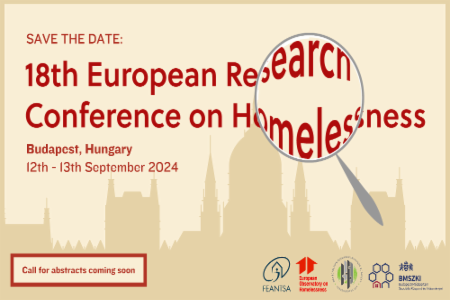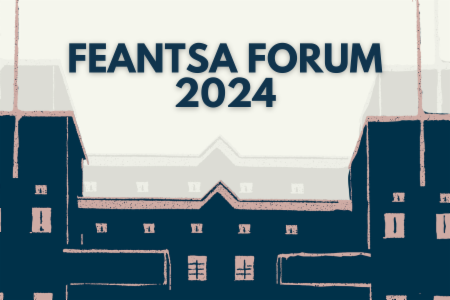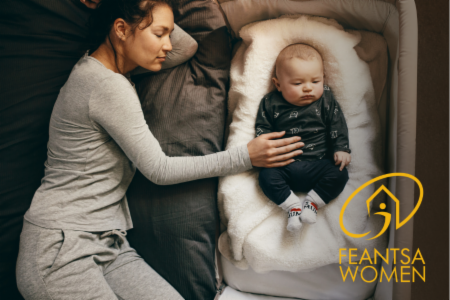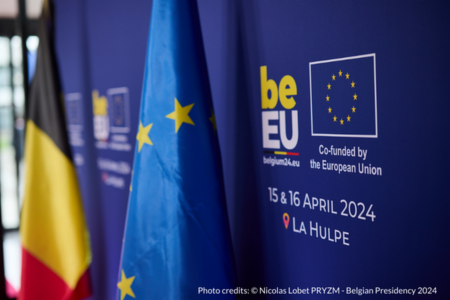Protect the Unhoused
FEANTSA joins over 80 organisations in calling for the protection of homeless people and migrants in the context of the #Covid_19 crisis
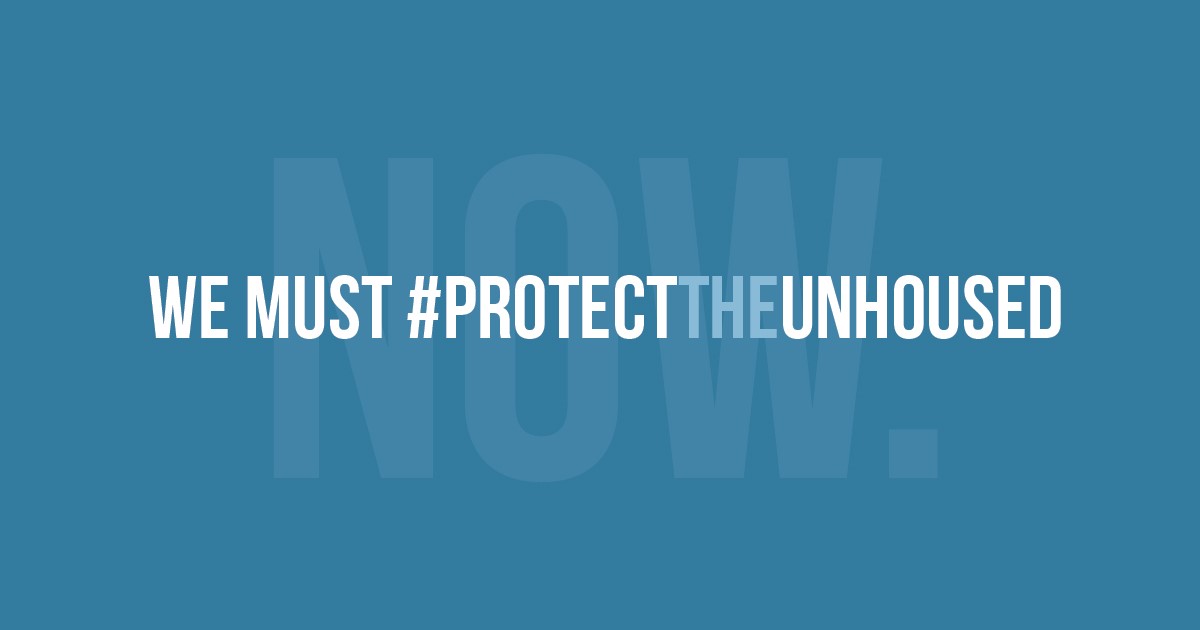
Since last November, Covid-19 has been spreading rapidly and sparing no country. The homeless population is at high risk both of contracting and transmitting the disease. To reduce the spread of the virus, strict measures are being put in place, including containment., which are makinghomeless people even more vulnerable to discrimination and further excluding other marginalised groups, such as migrants.
In this joint statement, FEANTSA joins over 80 organisations across Europe and the world in calling for these categories of people to be protected from the consequences of these policies, for them to be identified as priority groups for Covid-19 testing in view of the high risk of contagion they run and for their re-housing to be considered a priority as well.
Global Statement of Solidarity and Action to #ProtectTheUnhoused from Covid-19
The associations together call for groups such as the homeless, migrants, whether housed or not, and other groups who have to survive in precarious conditions to be priority groups for screening at Covid-19, given their high vulnerability. These men and women run a real risk of being contaminated by the virus and their precarious living environment is an aggravating risk factor. The lack of attention for this specific population can only aggravate the epidemiological situation. Urgent and priority measures must be taken to screen and support these populations, and stem the spread of the virus:
1) Protection of the homeless public
In order to ensure the protection of the homeless and vulnerable public in general, it is crucial:
- To promote access to safe accommodation (respecting the standing standards of hygiene) that allows for the isolation of vulnerable groups, to control the potential transmission of the disease (impossible today in congregate shelter);
- To guarantee primary needs are met, including access to food and hygiene;
- To provide the necessary risk reduction equipment (masks, gowns, etc.) for both vulnerable people and the staff assisting them
- To provide access to counselling and support in view of the closure of services and reception centres;
- To protect homeless people from punitive measures by the police in the face of the lack of safe alternatives to public space.
2) Proactive and systematic screening policy
For obvious public health reasons, it is urgent:
- To provide Covid-19 testing in homeless and migrant shelters and create separate spaces for those who are ill to control the spread of the virus;
- To test caregivers working with these vulnerable groups on a daily basis.
3) Keeping people in housing
Faced with the economic impact of the crisis, it is necessary:
- To maintain housing for vulnerable people;
- To put in place structural solutions for access to housing, which has become, more than ever, a public health imperative.
If you are an organisation working with these marginalised groups, please consider signing the call here.


